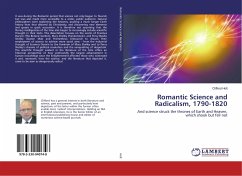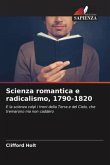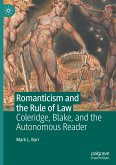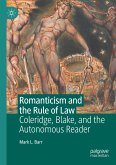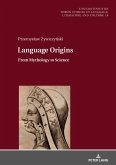It was during the Romantic period that science not only began to flourish but was also made more accessible to a wider, public audience. Natural philosophers were explaining the heavens, positing a much longer Earth history than that allowed by Christianity, and discovering new elements and gasses in quick succession. It is therefore not surprising that the literary intelligentsia of the time also began to increasingly include scientific thought in their texts. This dissertation focuses on the works of Erasmus Darwin (The Botanic Garden), Mary Shelley (Frankenstein), and Percy Bysshe Shelley (Queen Mab and Prometheus Unbound) to discuss their employment of science to achieve more social aims - from the industrial thought of Erasmus Darwin to the feminism of Mary Shelley and to Percy Shelley's dreams of political revolution and the vanquishing of despotism. The scientific thought evident in the literature of the time offers an historical perspective of how profoundly the largest advancement in human knowledge since the Enlightenment affected those who witnessed it and, moreover, how the science, and the literature that depicted it, came to be seen as dangerously radical.
Bitte wählen Sie Ihr Anliegen aus.
Rechnungen
Retourenschein anfordern
Bestellstatus
Storno

